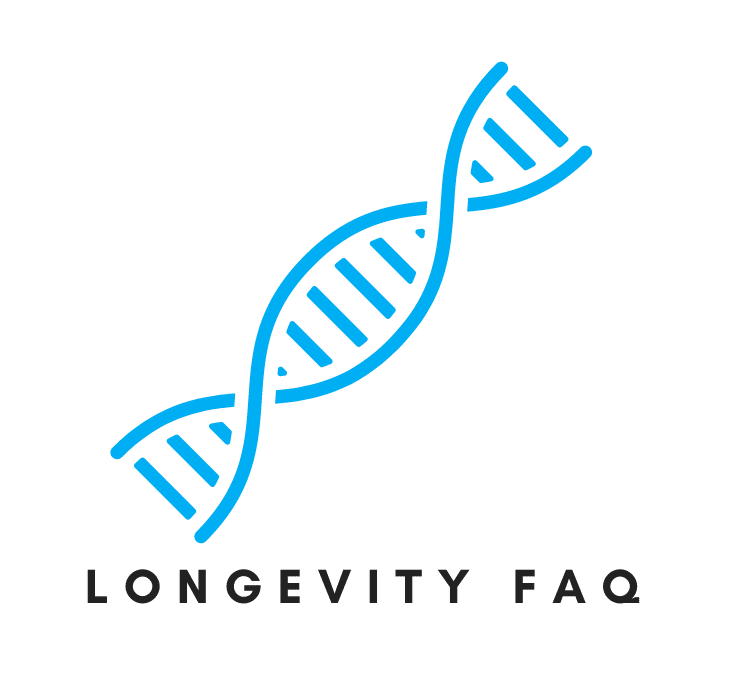
Senolytics target senescent and old, non-functioning cells that can contribute to aging and age-related diseases, particularly inflammation. The term “senolytics” is derived from the words “senescence” and “lytic,” meaning “to break down senescent cells.” In the 2010s, researchers Jan van Deursen, James Kirkland, and Judith Campisi made breakthrough discoveries in identifying senolytic compounds, paving the way for further study in this field.
Biohackers and longevity enthusiasts utilize senolytics to improve their healthspan and delay the onset of age-related diseases. By eliminating senescent cells, senolytics boost the body’s natural ability to rejuvenate tissues and organs. This approach has gained traction in the longevity community as a promising strategy for extending a healthy lifespan.
Watch an exciting video from one of those researchers, James Kirkland, about targeting senescent cells to reverse age-related disease.
Some known senolytics include:
- Dasatinib: a cancer drug that targets senescent cells by inhibiting specific growth factors.
- Quercetin: a plant flavonoid found in fruits and vegetables with anti-inflammatory and antioxidant properties.
- Fisetin: a natural compound found in strawberries with senolytic and neuroprotective effects, found to be a more effective senolytic compound than Quercetin.
- Navitoclax: a drug that targets BCL-2 family proteins responsible for cell survival and is linked to senescence.
Future advances in senolytics may involve developing more targeted and effective drugs and personalized treatment plans based on individual genetics and biomarkers. Novel delivery systems and combination therapies also play a role in optimizing the benefits of senolytic interventions. It’s important to note that a lot more research is required to determine the efficacy and safety of these compounds before they can become mainstream longevity interventions for people outside of the longevity and biohacking community.
Longevity experts discussing senolytics:
- Dr. David Sinclair: a molecular biologist, professor, and author focused on aging research
- Dr. Aubrey de Grey: a biomedical gerontologist and chief science officer of the SENS Research Foundation
- Dr. Peter Attia: a physician, author, and longevity expert specializing in the applied science of longevity
Popular books on senolytics:
- “Lifespan: Why We Age—and Why We Don’t Have To” by Dr. David Sinclair: This book delves into the science behind aging and explores various anti-aging strategies, including senolytics.
- “The Longevity Code: Secrets to Living Well for Longer from the Front Lines of Science” by Kris Verburgh covers various aspects of aging and longevity research, including a discussion on senolytics and their potential role in extending a healthy lifespan.
